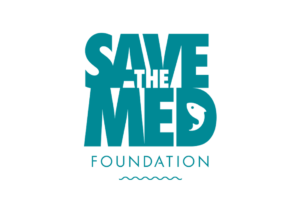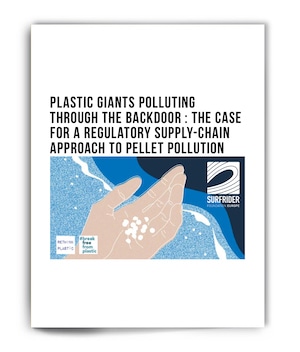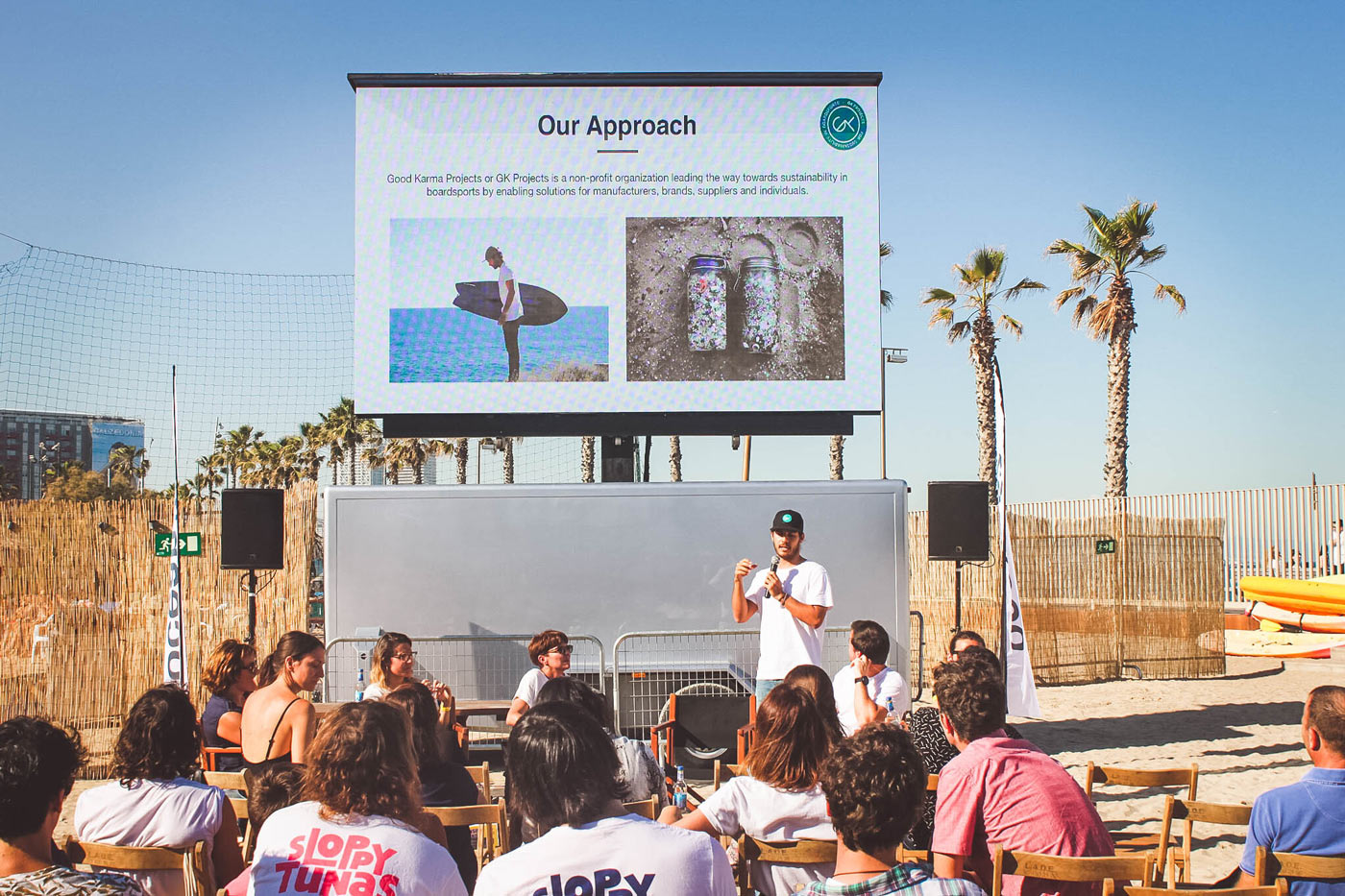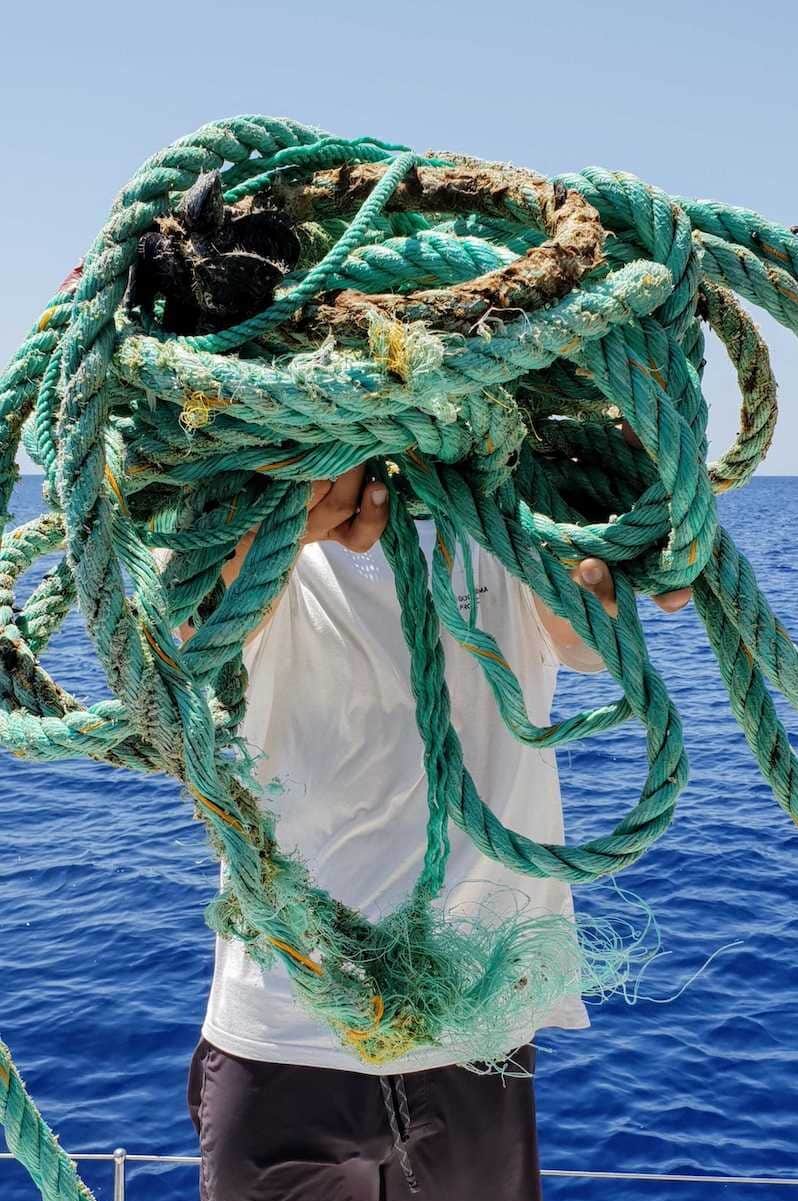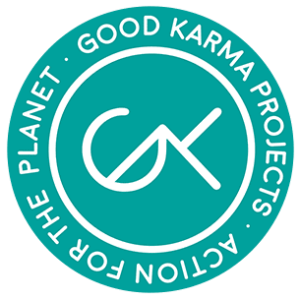MEDPLASTIC
Line of action, research and dissemination on plastic pollution in the Mediterranean Sea
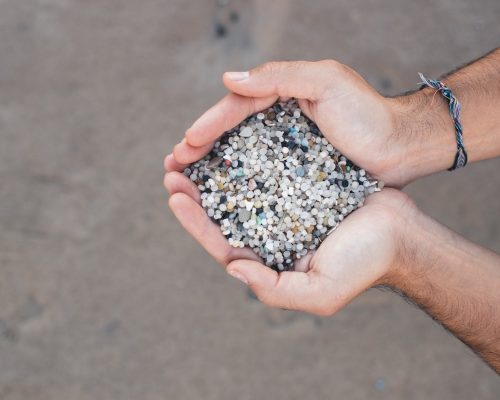
Pellets pollution
Leading the investigation and denouncing the presence of plastic pellets in the natural environment
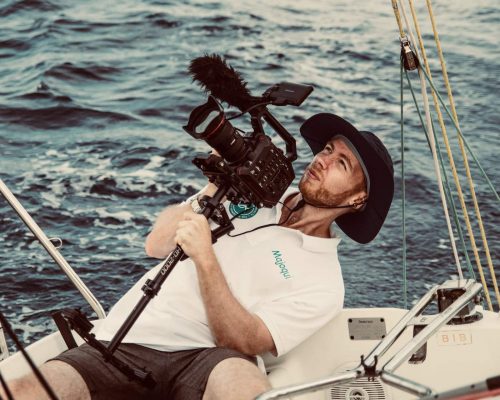
Documentals
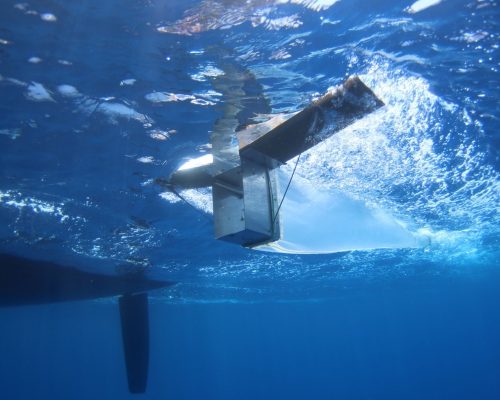
Expeditions
Since 2018 we have been documenting the health of the Mediterranean sea through various outreach and research expeditions
Pellets
Making an invisible problem visible
Good Karma Projects has been documenting and investigating the appearance of plastic pellets on the beaches of Tarragona since 2018. Plastic pellets, also known as nurdles or mermaid’s tears, are small spheres that are used as a raw material in the manufacture of almost all plastic items. Due to their small size (normally less than 5 mm) and poor practices, pellets are often “lost” at all stages of the plastic production and distribution chain (production, transport, recycling…).
Pellet contamination in the area is recurrent and constant. In February 2019 the organisation estimated that there could be up to 90 million pellets on La Pineda beach.
MEDPELLETS
Study about the state and dynamics of pellets pollution in the Western Mediterranean
The grant received this year through the Pleamar Programme has allowed us to start an eight-month study about the state and dynamics of plastic pellets pollution in the Western Mediterranean.
The objective: Create a knowledge base about the current state of pellets pollution on the south coast of Catalonia and the north of the Balearic Islands. Obtain evidence about the dynamics of this pollution to promote the design of more efficient countermeasures to prevent this primary microplastic from reaching the sea.
A project with the collaboration of the Biodiversity Foundation, (Spanish Ministry for Ecological Transition
and the Demographic Challenge), through the Pleamar Program, co-financed by the European Maritime and Fisheries Fund (EMFF)
Collaborate:
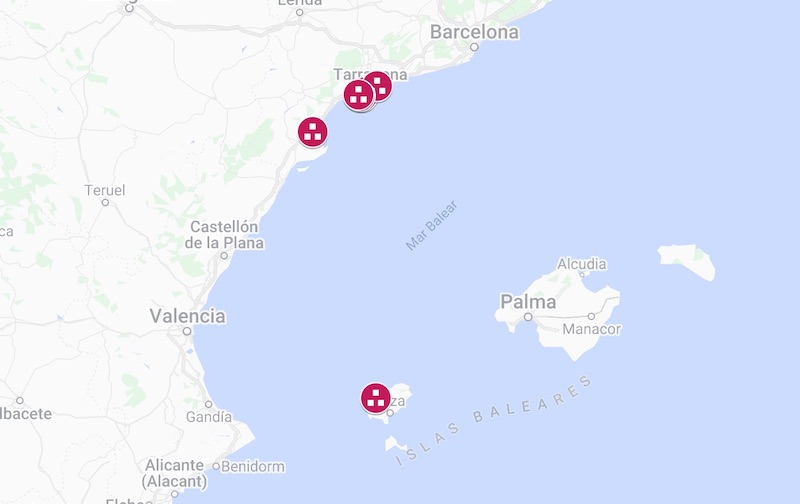
Interactive map of the presence of plastic pellets in the environment
PRESENCE OF PLASTIC PELLETS IN THE ENVIRONMENT The following interactive map shows all points with plastic pellets that have been identified by citizens. Do you

Share the location of plastic pellets
Have you found plastic pellets? Share the location Help us to identify points affected by plastic pellet contamination for further research! Discover the points already
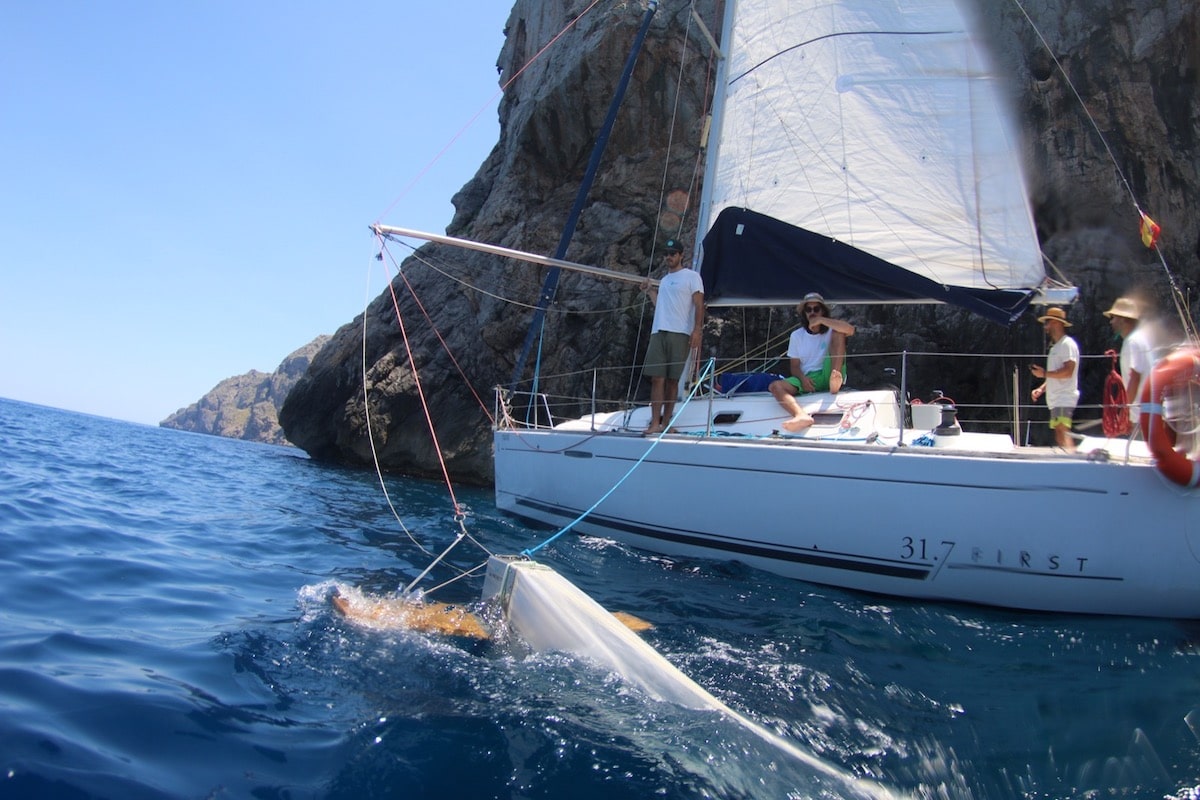
Medpellets fisheries sector survey
Fisheries sector survey MEDPELLETS Loading… Medpellets is a project developed by Good Karma Projects with the collaboration of the Biodiversity Foundation (Spanish Ministry for Ecological
Other news:
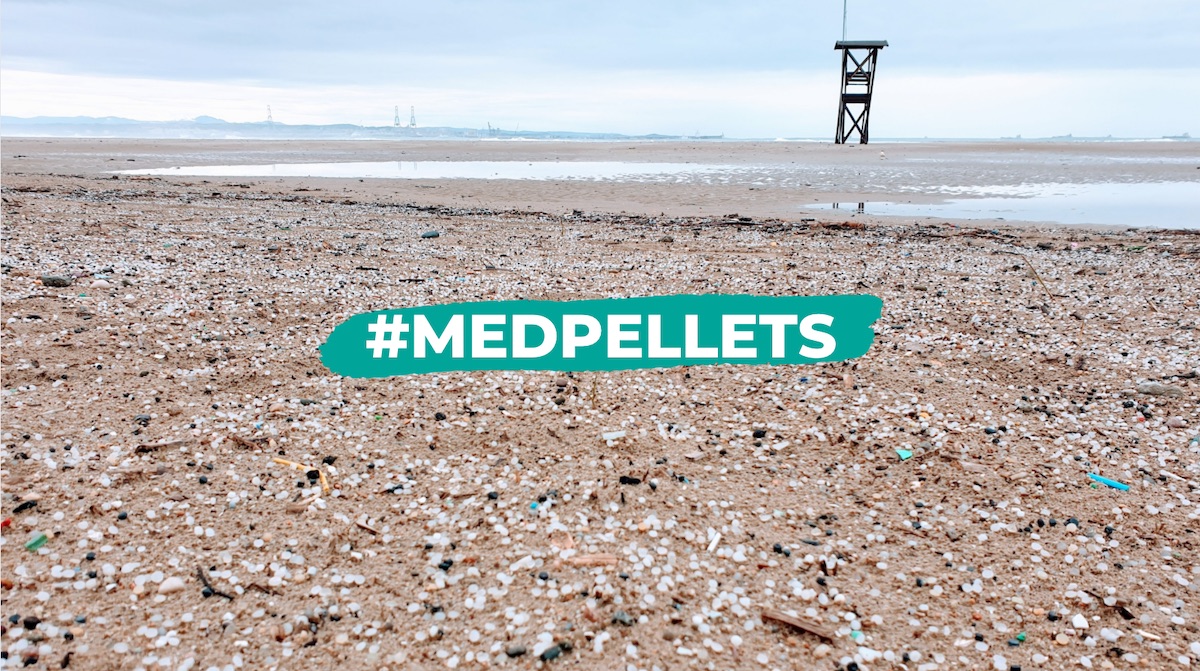
The Medpellets projects begins
Medpellets is a project developed by Good Karma Projects with the collaboration of the Biodiversity Foundation (Spanish Ministry for Ecological Transition and the Demographic Challenge),
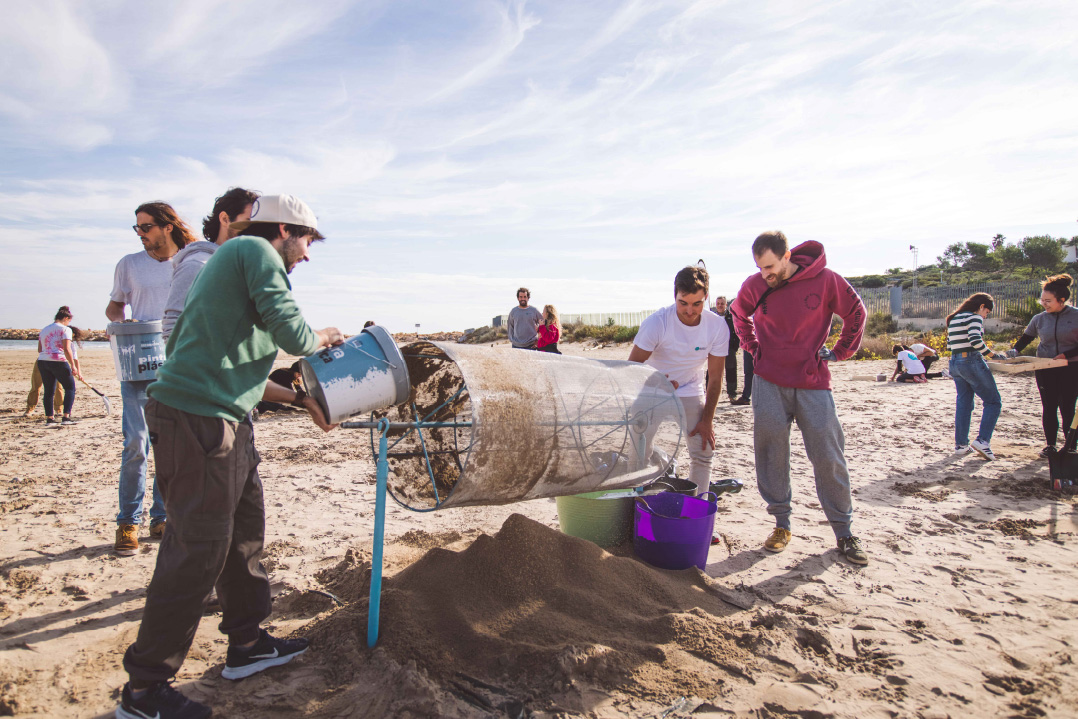
800,000 plastic pellets collected in two hours
This Saturday 13th November, 50 volunteers participated in the beach clean-up organised together with Surfrider Foundation Europe and with the collaboration of Vilaseca Town Council,
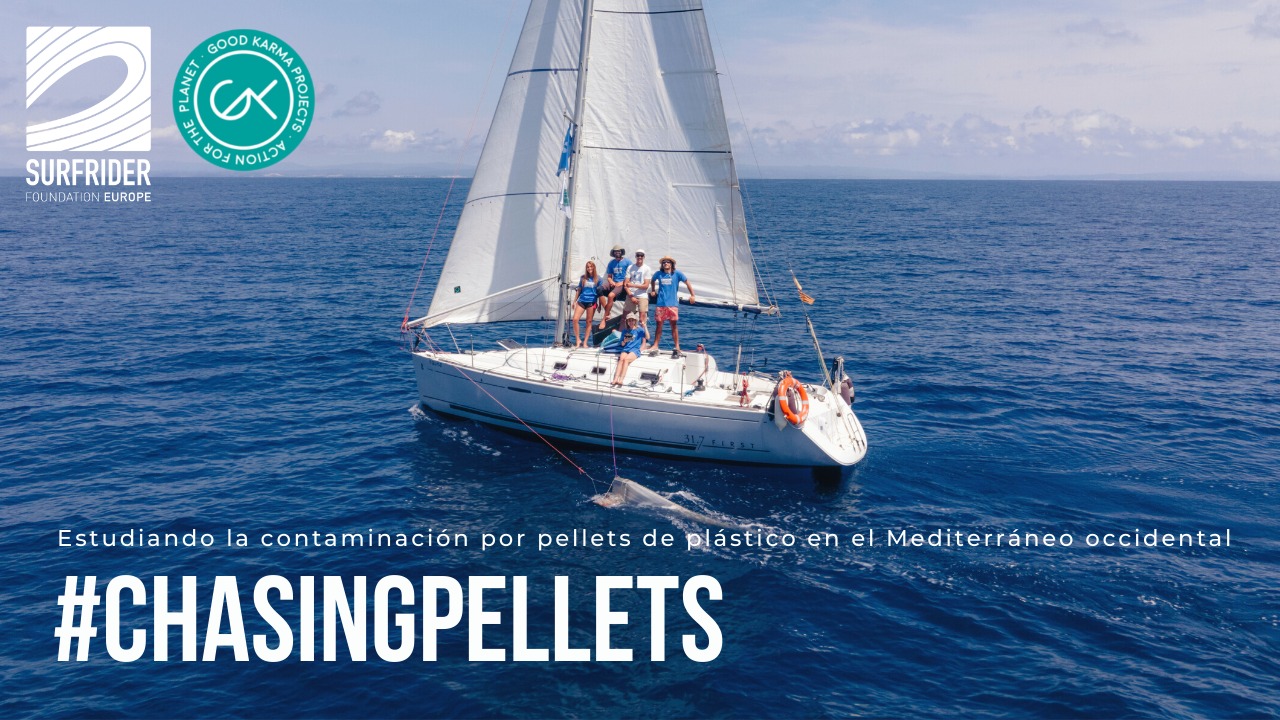
#chasingpellets the video
This past June, Surfrider Foundation Europe and Good Karma Projects embarked on a 10-day scientific expedition between Tarragona and the Balearic Islands, confirming that pollution
Reports:
European report by Surfrider Foundation Europe
documentaries
expeditions
The Good Karma Projects team has been carrying out recurring expeditions in the Mediterranean since 2018 with the aim of giving visibility to the problem of plastics in the Mediterranean through:
Visibility of the problem
Collect real data on the situation of plastic pollution, in order to give visibility to the problem.
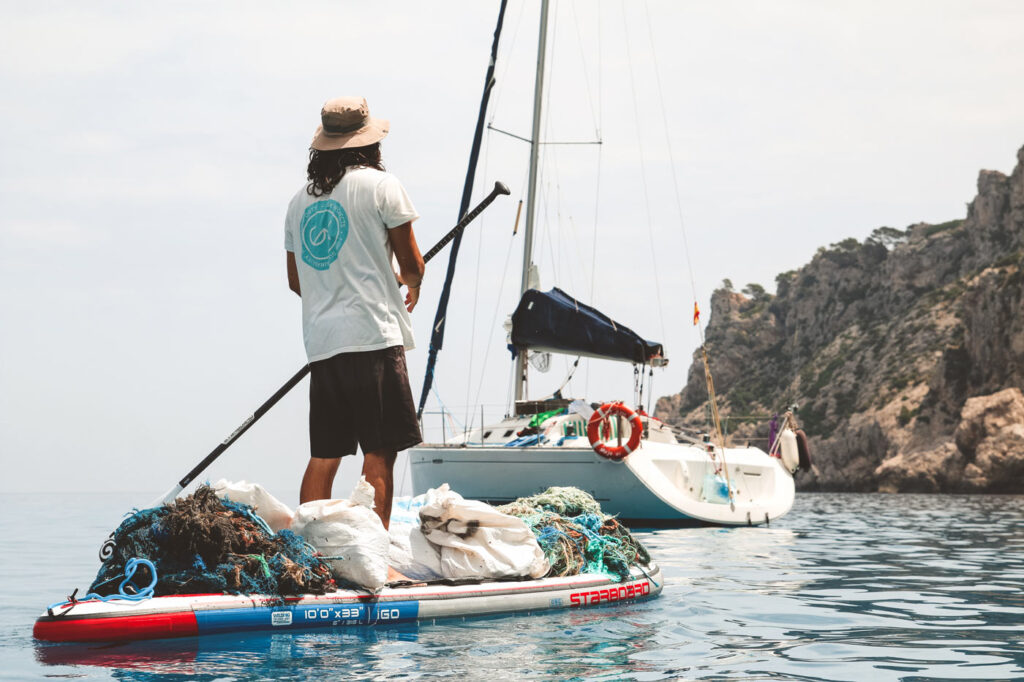
Microplastics sampling
Analysis and quantification of microplastics with Manta Trawl.
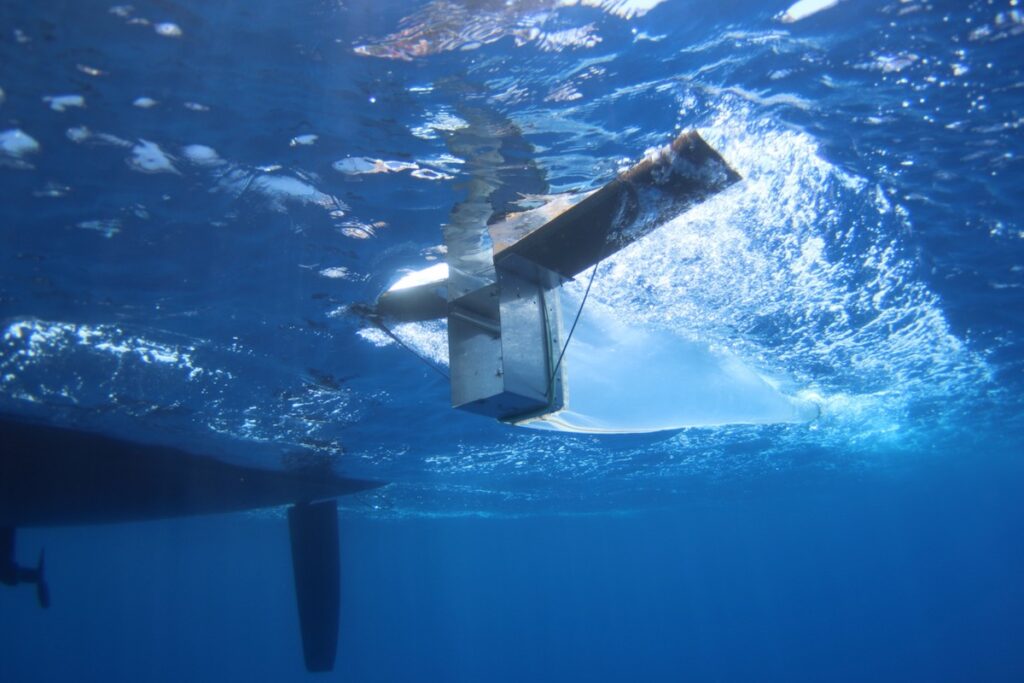
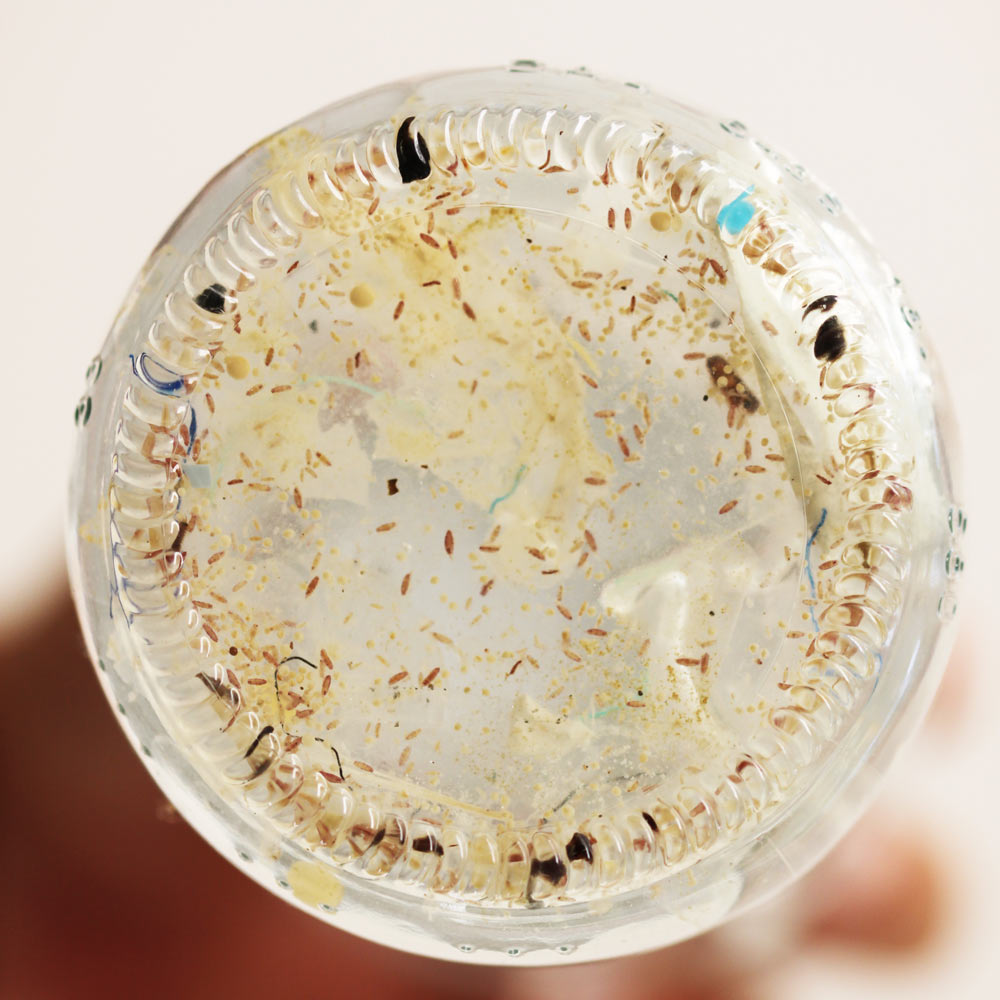
Ghost nets sighting
The Good Karma Projects ship and crew are part of the ghost net sighting flotilla of the “Ghost Fads” project of the Save the Med foundation. The project focuses on the threat posed to pelagic species by fishing devices, ropes and marine litter adrift in the open sea.
The central action of the project analyzes through telemetry and in situ studies how artifacts move and how they interact with the open ocean ecosystem. This is to identify the main risk factors to prevent this threat at its source.
